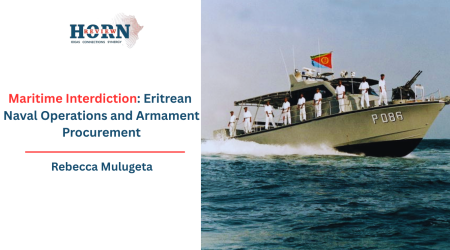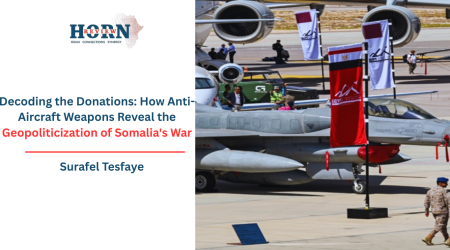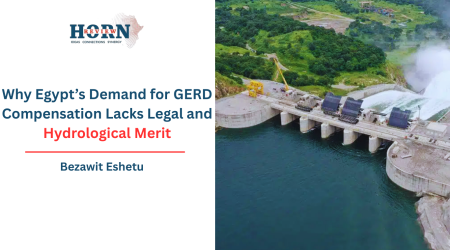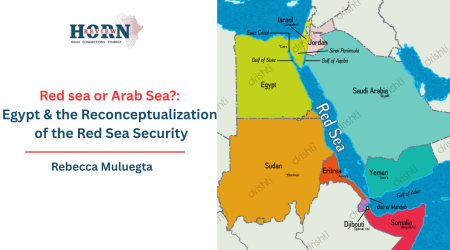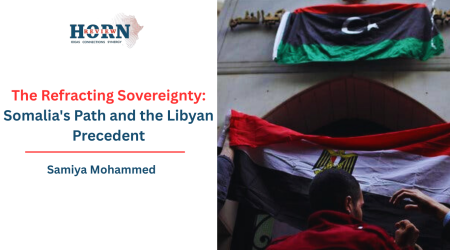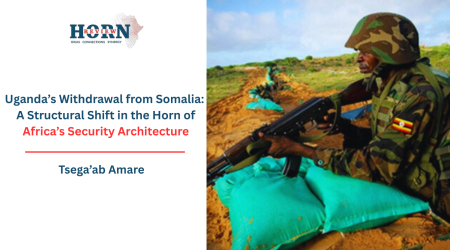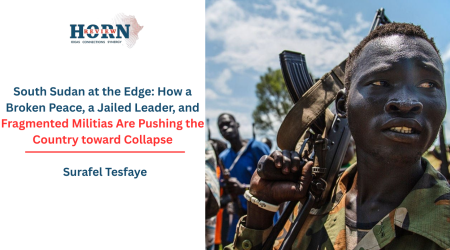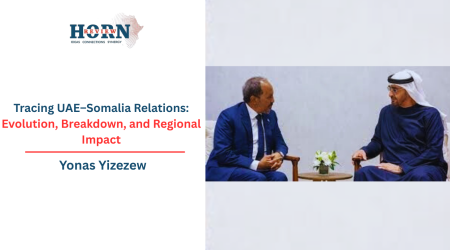
27
Jan
Somalia’s UNSC Seat: A Double-Edged Sword for Regional Power and Global Impact
In June 2024, Somalia was elected to a two-year seat on the United Nations Security Council (UNSC), marking a historic return after more than five decades. This rare opportunity comes at a time when Somalia, a country long torn by civil war, terrorism, and piracy, seeks to reassert itself on the global stage. The country’s seat, which became effective in January 2025, is seen as a platform to raise global awareness about Somalia’s challenges, but it also carries significant responsibilities and challenges.
As a non-permanent member of the UNSC, Somalia will participate in discussions on global security issues, including the authorization of peacekeeping missions, imposition of international sanctions, and responses to international conflicts. Somalia can use its position to advocate for African issues, particularly the threat of terrorism and insurgent groups like Al-Shabaab, which has plagued the country for years. Additionally, Somalia’s membership gives it an opportunity to influence global discussions on maritime security, crucial to its interests due to its strategic location near the Bab el-Mandeb Strait.
However, Somalia’s UNSC membership is not without its difficulties. The country struggles with internal institutional weaknesses, limited diplomatic expertise, and a fractured political landscape. Its ability to effectively contribute to the UNSC is hindered by its internal sovereignty challenges, including the fragmented control over its federal states and the ongoing influence of Al-Shabaab. The question remains whether Somalia’s government can assert a unified position on international matters given its internal divisions.
Externally, Somalia faces pressure to balance its relationships with regional powers. While its partnership with Ethiopia in counterterrorism is key, Somalia must navigate the complex geopolitics of the Horn of Africa, where shifting alliances could complicate its diplomatic efforts. Furthermore, the country’s reliance on foreign support for security and governance raises concerns about its ability to act independently on the international stage.
Despite these challenges, Somalia’s UNSC seat offers a chance to elevate regional issues like the ongoing conflict in Sudan, instability in the Horn, and the threat of terrorism to global attention. It also provides an opportunity to strengthen Somalia’s relationships with regional powers and to push for more robust international cooperation on security issues. By leveraging its position, Somalia could advocate for tighter sanctions on Al-Shabaab and greater international focus on piracy in the Gulf of Aden.

